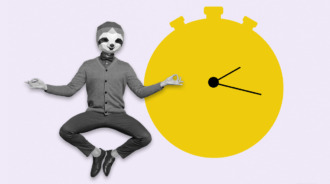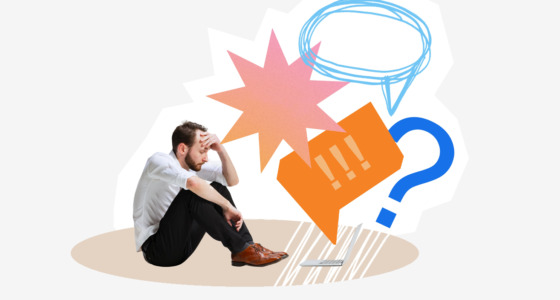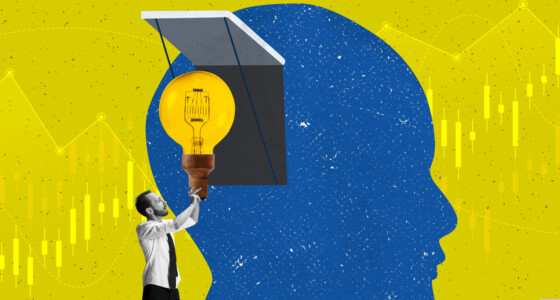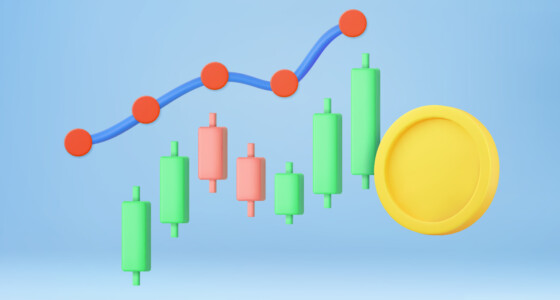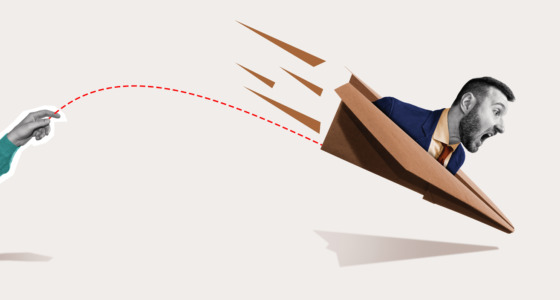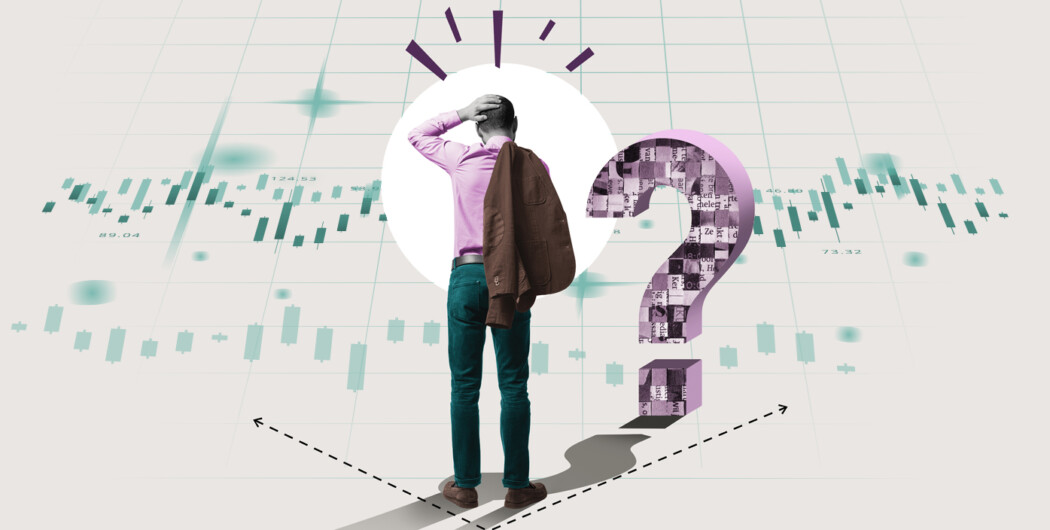

Albert Einstein famously said, “question everything.” Some questions come up naturally, like the most common Google Search queries – “what is my IP”, “what time is it”, “what to watch” – with millions of people wondering that on a monthly basis.
But in certain cases, you need to consciously make an effort and remind yourself to “question everything”. Trading is one of those cases.
Follow this list of seven pre-trade questions, and with time, you’ll start assessing all your trades with this checklist.
1. Does this trade fit your strategy?
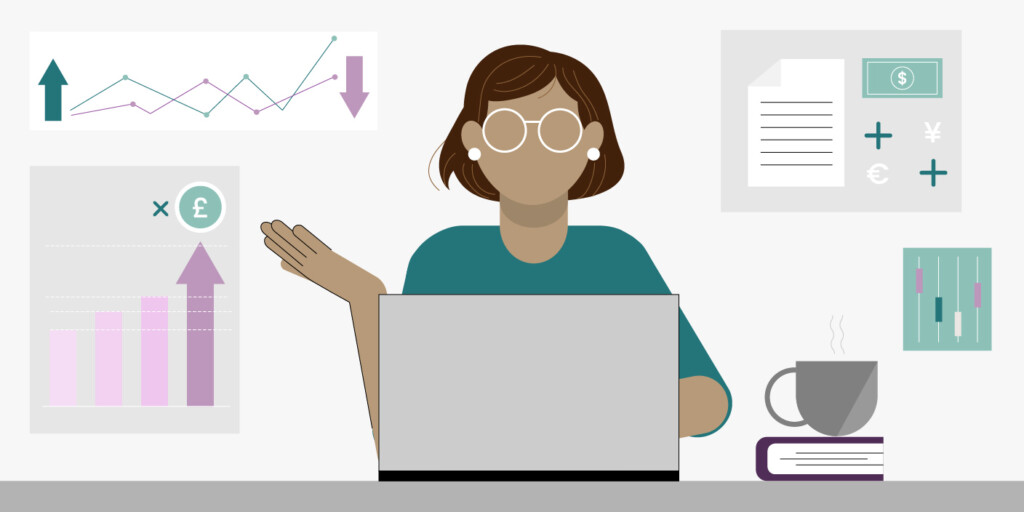
By the time you adopt a certain trading strategy, you’ve answered a ton of other questions. Meaning, you need to know your trading style, risk appetite, time horizon, etc., to choose a strategy in the first place. Therefore, the simple question of whether a trade fits your strategy encompasses more than you think.
Your strategy already outlines the rules for planning, placing trades, and executing trades. If the trading opportunity doesn’t fit, skip it.
2. What is the trigger?
Your entry triggers are also predetermined. Even before an opportunity comes up, you should determine the setup and certain criteria to initiate a trade.
It can be a breakout of major support or resistance levels, the formation of a price chart pattern, or a certain reading of technical indicators. Ideally, you want to score a combination of all these triggers or at least receive trading signals from two-three indicators.
3. Are you forcing this trade?
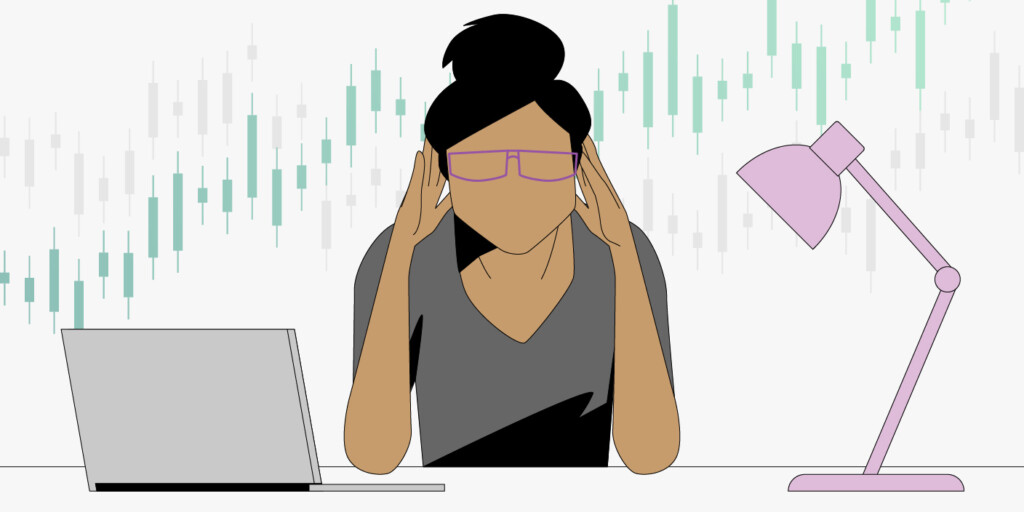
Is the opportunity actually good, or do you just want to believe that? You may be fixated on a potentially good outcome rather than assessing the viability of that outcome.
When you try to force trading success, it eludes you. The truth is big opportunities take time to develop, and it takes time to build a good strategy. If it means missing setups that are half-good, so be it.

4. What’s the best/worst that could happen if you enter?
Do you understand the potential outcome of this trade? What if it goes the way you anticipated? What if it does the opposite?
Imagine a winning scenario. See if the potential win benefits you in a meaningful way, whether it’s profit, experience, exposure, or something else.
Now, imagine the position fails. Assess the potential damage it can do to your account. For example, if the position has the potential to provoke a margin call, it’s an automatic no.
5. What’s the best/worst that could happen if you wait?
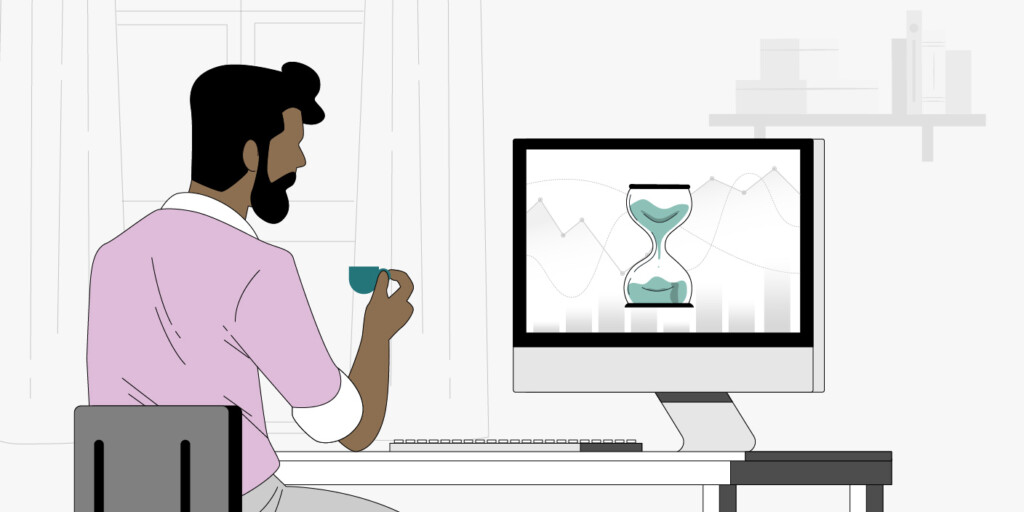
If you’re an active trader (or an active person by nature), doing nothing may not feel right. But have you ever asked yourself whether missing trades would actually do any harm? Perhaps you just avoid feeling FOMO, and this has nothing to do with actual outcomes?
And vice versa: do you foresee something good from a missed opportunity? Perhaps you’d be too stressed over the trade and wish you’d never entered.
6. Does this trade make you emotional?
Even the idea of taking a certain position can evoke emotions. Whether you’re starting to feel greedy, anxious, or even overly excited, consider it a bad sign. If you’re already feeling this way, it won’t get better when you open the position.
Best trades are made logically and rationally. They don’t send you pacing around the room, trying to catch your breath in anticipation, or nervously checking your account every two seconds.
7. When will you exit?
Savvy, methodical traders are like chess players – thinking five moves ahead. An exit strategy is that fifth move. You don’t actually know whether the asset will soar or flop, so have an exit strategy for either situation.
And just in general, establishing your reward and risk targets before entering is a very useful habit. Such a blueprint helps you avoid impulsive decisions even when emotions creep up.
If all your answers point out that the trade is worth it, go ahead!
